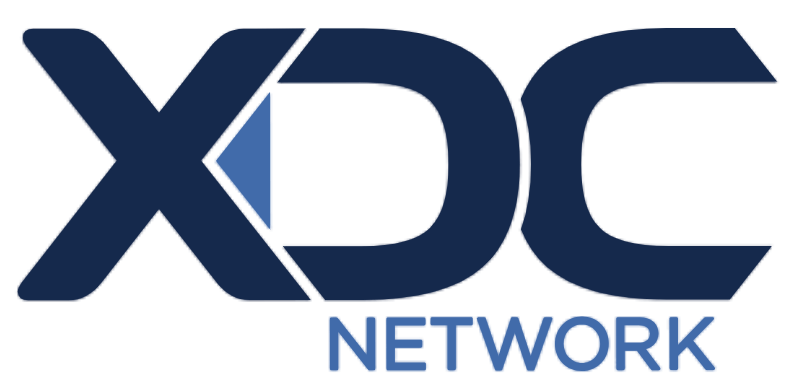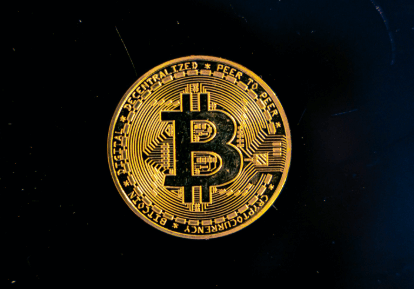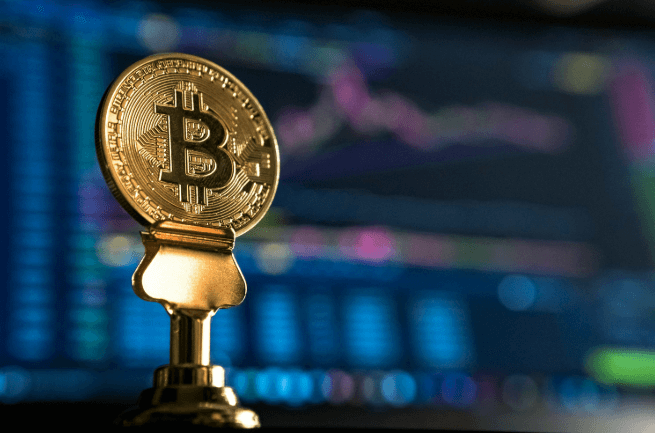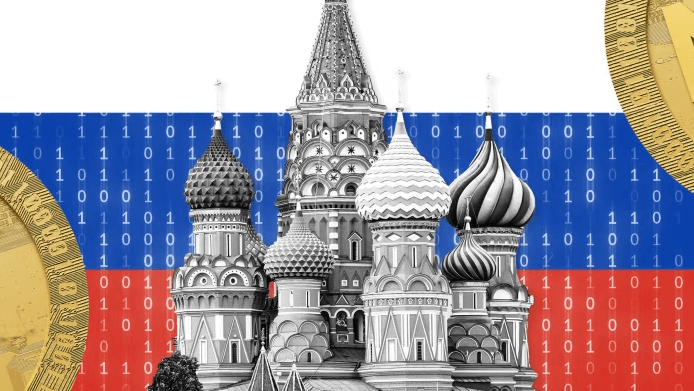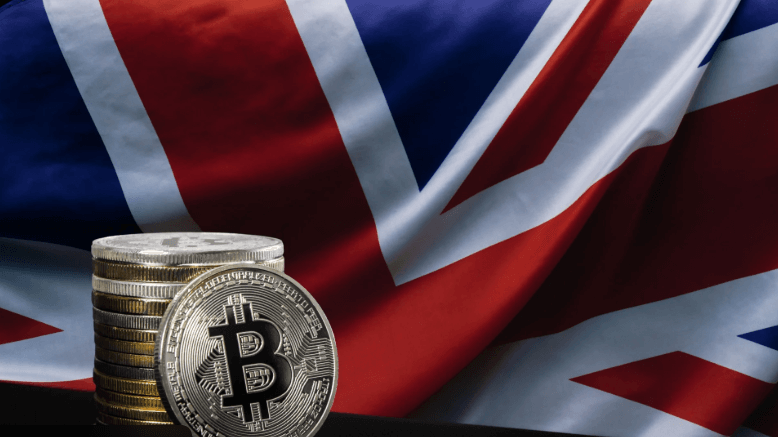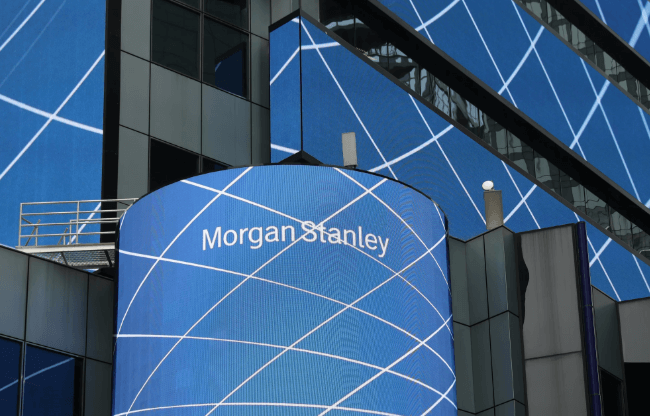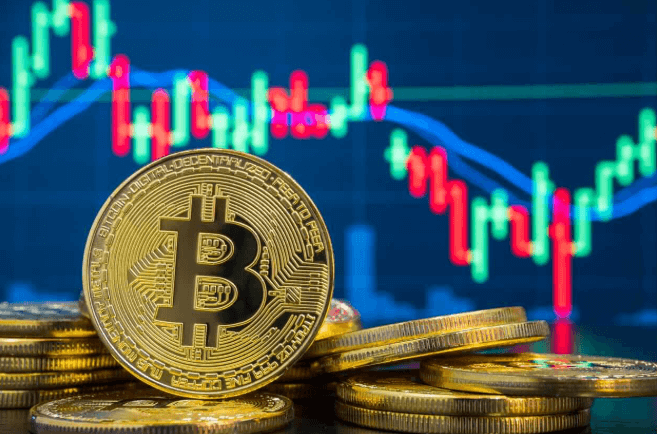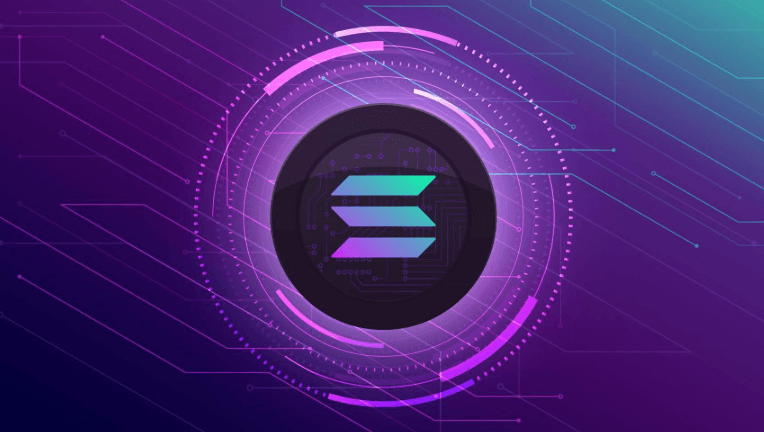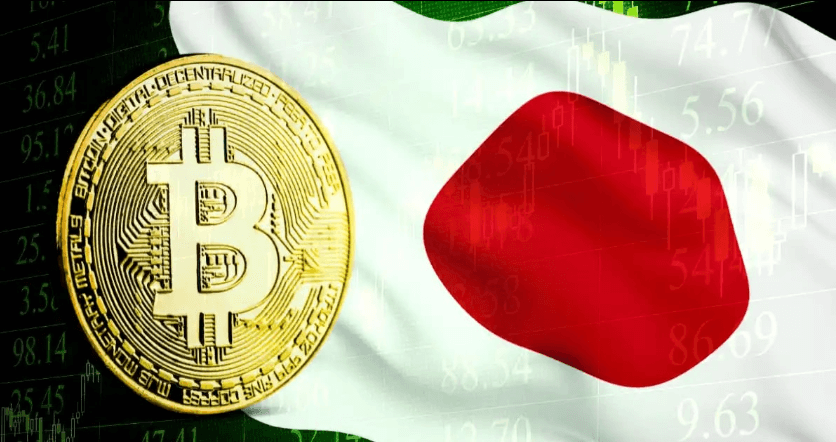The decentralized finance (DeFi) sector is experiencing a surge in regulatory scrutiny as governments worldwide seek to establish clearer frameworks to oversee its rapid expansion. Amid growing concerns over security risks, money laundering, and investor protection, regulatory agencies are stepping up their efforts to impose new guidelines on DeFi platforms.

In the United States, the Securities and Exchange Commission (SEC) and the Commodity Futures Trading Commission (CFTC) have intensified their focus on DeFi, debating whether certain protocols fall under securities or commodities regulations. The SEC, in particular, has taken enforcement actions against DeFi projects that it claims operate as unregistered securities platforms. Meanwhile, the U.S. Treasury has been exploring anti-money laundering (AML) and know-your-customer (KYC) requirements for DeFi platforms, raising concerns about the feasibility of compliance within decentralized systems.
The European Union has also taken significant steps toward DeFi regulation. Under the Markets in Crypto-Assets (MiCA) framework, regulators are expected to introduce additional oversight mechanisms to ensure consumer protection while promoting innovation. EU lawmakers have been exploring ways to regulate DeFi without stifling its potential, with discussions around licensing requirements and transparency obligations for decentralized applications (dApps).
In Asia, countries like Singapore and Hong Kong are taking a balanced approach, providing regulatory clarity while encouraging innovation. Singapore’s Monetary Authority (MAS) has been working on a risk-based framework that focuses on DeFi security and investor protection. Similarly, Hong Kong’s Securities and Futures Commission (SFC) has expressed interest in developing a licensing system for DeFi protocols that provide financial services.
Despite the tightening regulatory landscape, the DeFi sector continues to expand, with developers and investors seeking ways to align with legal frameworks while maintaining decentralization. Some DeFi projects are now implementing voluntary compliance measures, such as integrating KYC solutions or partnering with regulated financial institutions.
As regulatory approaches continue to evolve, the global DeFi community remains watchful of how different jurisdictions shape the industry’s future. While stricter regulations may pose challenges, they could also pave the way for wider institutional adoption and mainstream acceptance of decentralized finance.
Disclaimer: This article is for informational purposes only and is not investment advice. Investors should research carefully before making any decisions. We are not responsible for your investment decisions.



